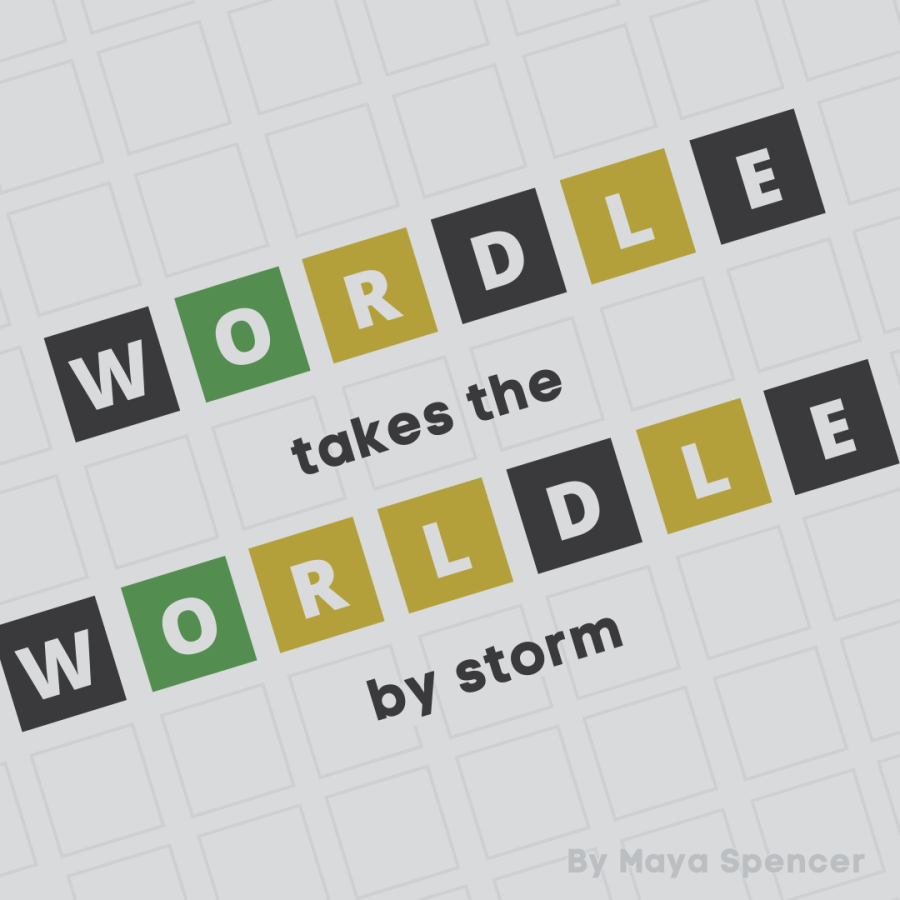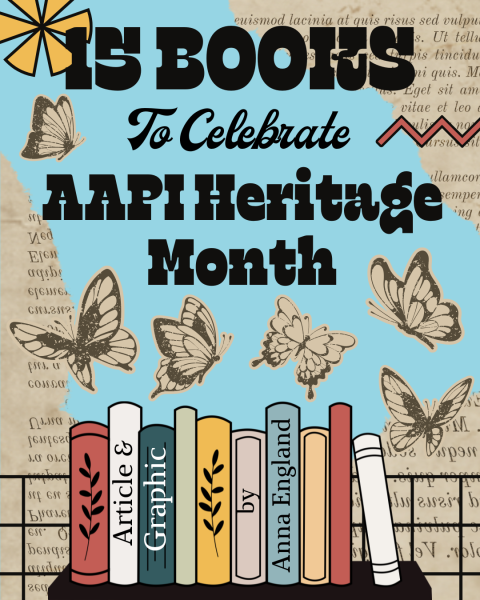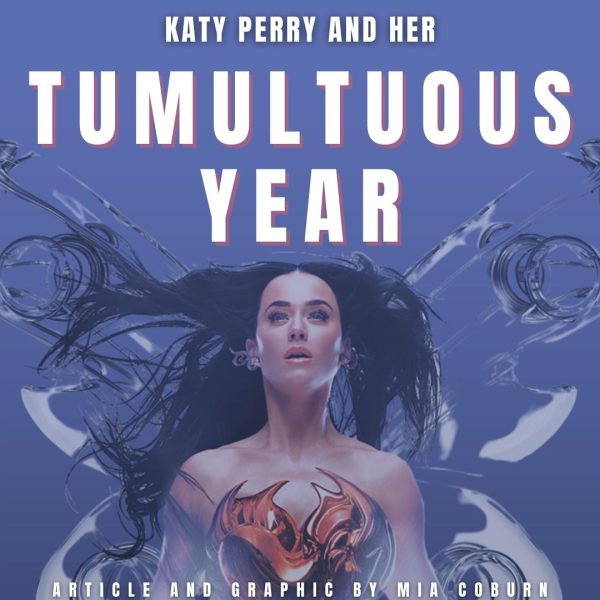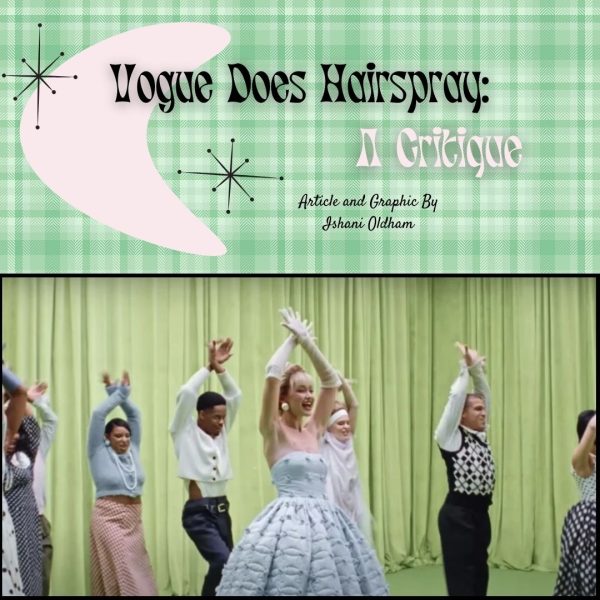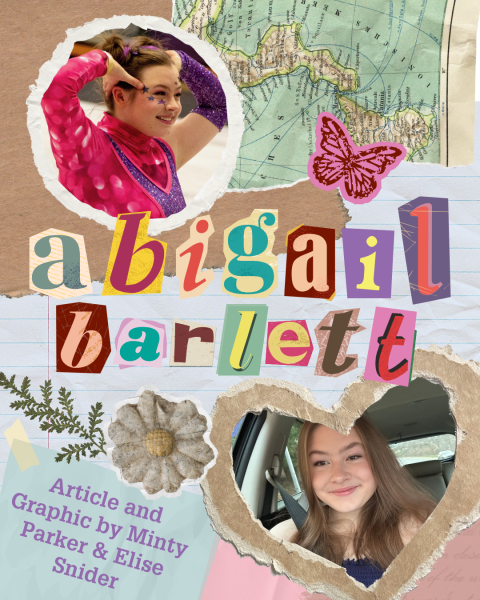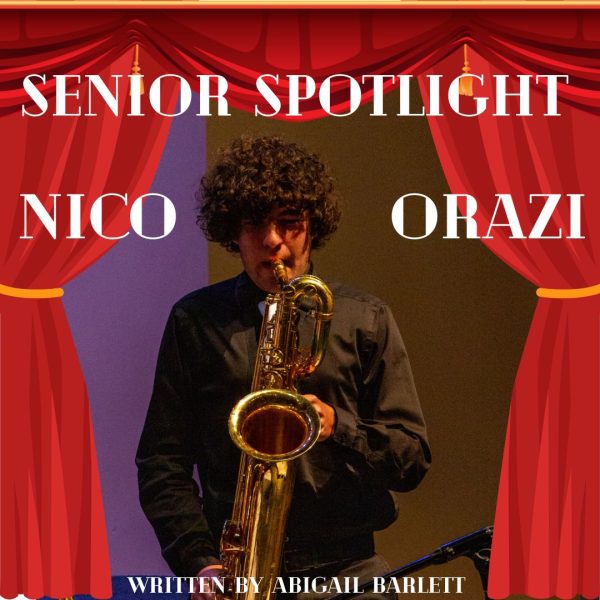Wordle Takes the World(le) by Storm
Wordle has taken the world(le) by storm. I would apologize for the pun, but I think fellow word-game enthusiast and founder of Wordle, Josh Wardle (yes, that is his real name) would appreciate it. Perhaps your Twitter feed has been bombarded by the little green, yellow and gray squares, too, and it has led you to wonder what exactly this peculiar website is all about.
The concept is simple: you have six chances to guess the correct five-letter word of the day. The yellow boxes indicate that you have uncovered a correct letter, and the green boxes indicate that the letter is also in the correct place.
The unique part of the Wordle experience is the fact that everyone is working towards the same, singular goal each day. So when you report back to your Twitter feed about your superior puzzle deciphering skills, everyone jumps in to share their similar successes or grievances as we all bond over this internationally shared experience. It’s a phenomenon that is hard to come by in the individualistic, combative landscape that is social media. Somehow, participants have all come to an unspoken agreement to refrain from spoilers, and shield others from anyone who may try to ruin the fun. This comradery is rare, endearing, and indicative that the essence of Wordle may be long-lasting.
Despite only rising to fame in the past month, Wordle has already experienced its fair share of copycats. “Wordle” apps were quick to make their way to the market, and companies like Apple were swift with taking them down. Other kinds of spinoffs, like Primel, offer fun alternatives for Words and opt for five-digit Prime numbers, or in the case of Letterle, a single English letter. Less creative versions of the game that have an unlimited amount of guesses or puzzles also cloud the World Wide Web, enticing users under the guise of being less frustrating, and therefore more enjoyable. However, anyone who has played word games in the past, or is discovering that kind of delight through Wordle, knows the amusement is found in the reward of challenging yourself beyond what you think is possible, and then succeeding.
Overthinkers are dedicated to their strategies, always attempting to optimize and carefully craft each guess. The best starting word seems to change almost daily, making examples out of ADIEU to ARISE converters who’ll brawl with the band of players that have been using TEARS since the beginning. Debates over if you should knock out the vowels or consonants first are heated, probably fanned by the great WINCE/MINCE debacle of the 22nd.
With over 3 million players all over the world, Wordle is bound to stick around for at least a few months as a trend in our social consciousness. The game already has its own Google Doodle, and millions of tweets and Tik-Toks devoted to the trend. But what does the future of Wordle truly entail? After a month of unprecedented success, Wordle has been given a new lifeline by the New York Times, saving it from the internet graveyard of fads like “Bones days” and Pokémon Go. Our favorite word game is about to join the ranks of legends among the puzzle enthusiast community, finding a home next to the Crossword and Spelling Bee, games that have formed tons of dedicated communities that are sure to keep the spirit of the game alive. In exchange for this immortality, we must trade Wordle’s accessibility, potentially locking the game behind the paywall of a New York Times Games subscription.
What’s most promising is that the hands Wordle has been given to are good ones. The New York Times, perhaps better than anyone else, understands the allure of this game. They are the same charming characteristics that hooked us. It’s splendidly frustrating, delightfully challenging, and, above all, Wordle is simply too much fun.

(She/her)
Maya Spencer is a senior and this is her second year on the newspaper. When she's not singing with chorus or Crescenloe, you can find her...


